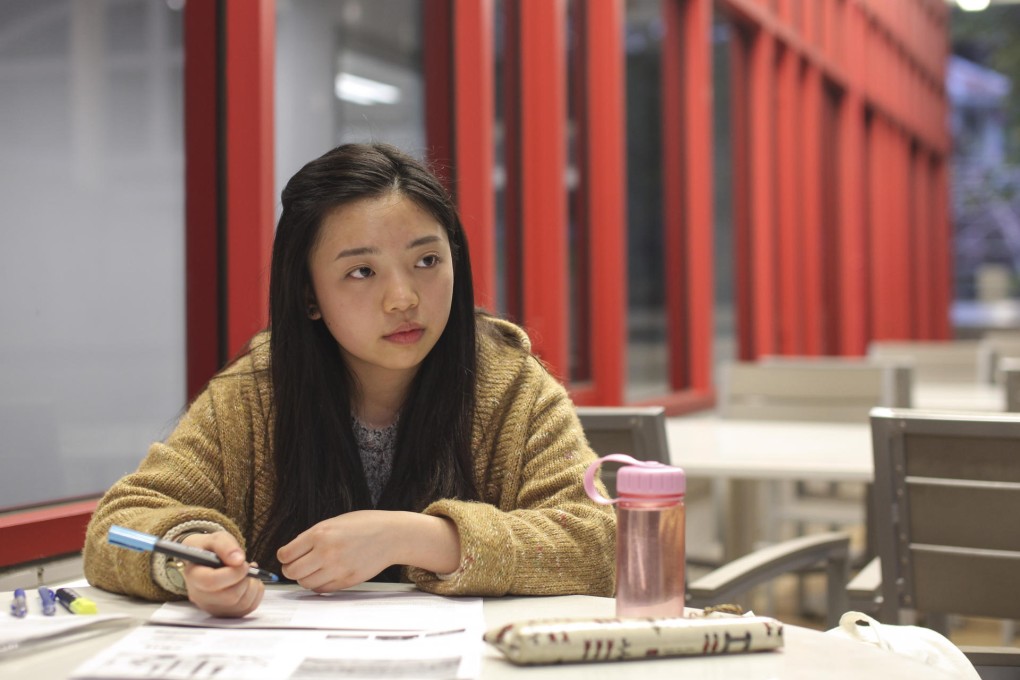Voluntary groups are reaching out to help HKDSE students cope with stress
Voluntary groups across the city are reaching out to help HKDSE students cope with exam pressure, writes Raymond Ma

Next month, 18-year-old Winnie Lee Wing-yee will join nearly 80,000 other people - including more than 66,000 Form Six students (the rest are private candidates) - to become the third batch of students to sit the Hong Kong Diploma of Secondary Education (HKDSE) examination.
The HKDSE, which, in 2012, replaced the two-stage matriculation regime that had been in place for more than 30 years, has been criticised for the heavy burden it places on secondary school students. It forces them to cram three years' worth of learning into a single batch of examinations, which are held close together. These exams determine, in one fell swoop, the fate of their post-secondary academic careers and, to a certain extent, their futures.
Lee will sit for two subject papers - Chinese and English - which she is retaking this year despite being enrolled in an associate of arts in English for professional communication programme at the Community College of City University.
During the study leave period, the role of parental support becomes even more crucial
She is retaking one of these papers - Chinese language - because she failed it last year as a Form Six student at Sheng Kung Hui Tang Shiu Kin Secondary School. But it wasn't for want of trying.
To prepare for her matriculation exams last year, Lee typically studied at least six hours a day during schooldays. During the weekends and study leave, any time that was not spent sleeping or eating was spent in front of a book.
"The pressure, when it comes, hits you suddenly. You come to this realisation that the exams are here, and that you don't have the ability to handle what is coming," Lee recalls.
"You go through your study material day in and day out. But even if you've been studying for a long time, you find that there is much you still don't know."